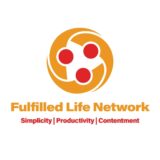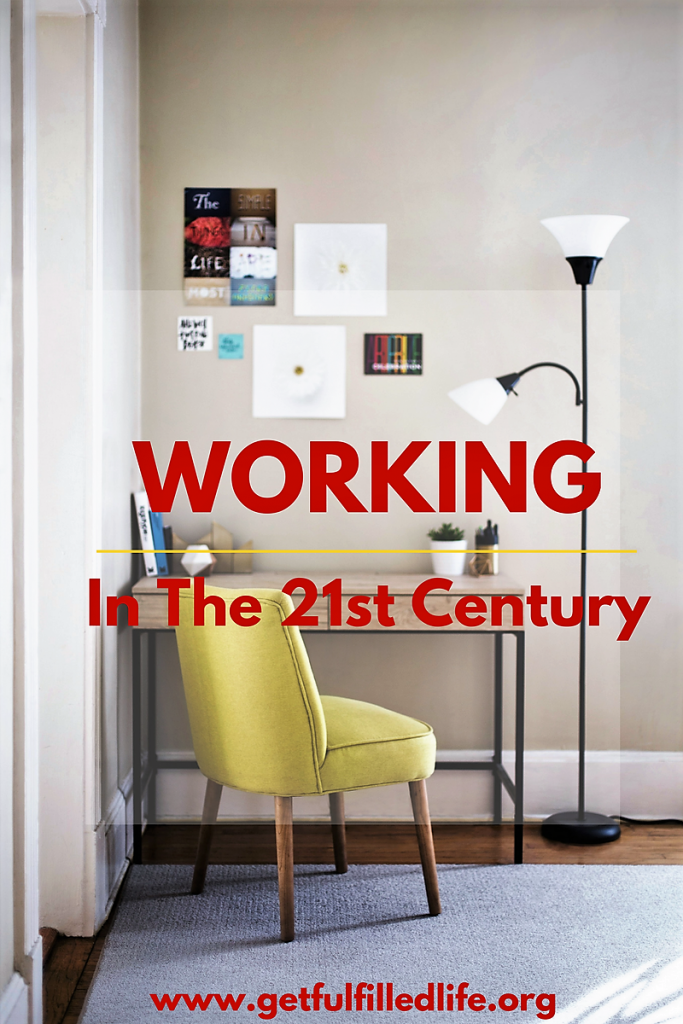The concept of work is universal. We are all workers either as employers or employees. Today’s workplace has evolved and regardless of what role one is playing, managing that role effectively is not only profitable but also enables one to lead a fulfilled life.
In the paragraphs that follow we examine how the employer needs to handle the 21 century employee and how the employee has to ensure that they remain employable.
The Knowledge Worker
The 21st century employee is a knowledge worker and they should be managed as such. The term knowledge worker was coined by Management guru Peter Drucker in the 1950’s and simply means a worker whose main capital is knowledge.
Thomas Davenport has since offered a detailed definition as follows; “knowledge workers have high degrees of expertise, education or experience and the primary purpose of their job involves the creation, distribution or application of knowledge”.
Employers have to strike the right balance between using intrinsic and extrinsic motivation. The former requires ascertaining the link between the work being done and what actually makes the employee tick as an individual. Extrinsic motivators on the other hand require giving the right pay, providing an enticing career path as well as good working conditions.
The Demographics
Understanding the demographics of the employees is also crucial to ensure that expectations of employees are met. This has a long-term advantage in that, well motivated workers usually have the initiative and energy to follow through with goals and objectives however challenging.
The 21st century work place has four types of employees, the veterans/Seniors/Traditionalists (1922 – 1945) these are highly disciplined, hardworking, dedicated and have great respect for rules and authority. The second group are the Baby boomers (1946 – 1964) these tend to be optimistic, are good team players and highly competitive. The third group are the Generation X ( 1965 – 1980) these are pragmatic and self-reliant they cherish having a balanced life where they can combine work with having a family. The last group is Generation Y (1981 – to date) these are fast paced, are good at multitasking, love having fun and are very technology savvy.
The Employer’s Role
Perhaps the most important role of today’s employer is that of being a coach or mentor. Use of the traditional command and control system is long gone. Organisations that are too restrictive and promote a lot of micromanaging often find they lose their market share because the employees are not motivated to put forth their best results.
It maybe safe to argue that majority of employees today are either generation X or Y. Employers need to recognize their need for a balanced life and provide such a work environment.
Experts on work life balance advise that organisations resort to a ROWE (result oriented work environment) system which requires managing for results rather than the process. Under this system employees are given maximum flexibility to schedule their working day so that they can continue making productive contributions to the organisation while also attending to family or pursuing higher education. Using the ROWE system requires trust in the fact that even when employees are not physically present in the office they are mindful of targets to be met and will deliver.
The Employee\’s Role
It is no secret the world today is more competitive and being an average worker will not get anyone to the top of their league. In order to succeed, one has to cultivate the spirit of excellence. “Whatever your hands find to do, do it with excellence\”. Having a spirit of excellence elevates one faster than their colleagues.
You need to begin by showing yourself faithful in handling small tasks then you will be rewarded with big tasks. This will require that you heed the advise given by Brian Tracy and “work all the time you work and ensure that you spend quality of your time at work and quantity at home”.
In addition to the above, as an employee, you have to realise that the greatest asset you have is yourself. This necessitates that you constantly “sharpen your saw” so that you get better results from your work. Ensuring you remain informed and current in your area of expertise is key to staying marketable. Experts advise that we get into the habit of reading educational or listening to inspirational material everyday. With the current technology and social media in place this is quite manageable. Everything that is needed for one to work with excellence is already in print or has been talked about.
Today’s employee also needs to ensure they work smart and not necessarily hard. This calls for being organised, focused and disciplined. You need to understand what your “big rocks” are and take care of them first and not allow other things to crowd your life. Make sure you make time for those who matter in your life. Remember not creating memories with the people you love means there will be nothing to reminisce about in future.
In conclusion, in order for the 21st century workplace to function well, both the employer and employee have to do their part. The employer must remember that employees are the greatest asset of any business and that the competitive advantage of any business lies in ensuring that the knowledge worker remains productive.
On the other hand, the onus will forever be on the employee to show themselves worthy of the opportunity to be given work.

